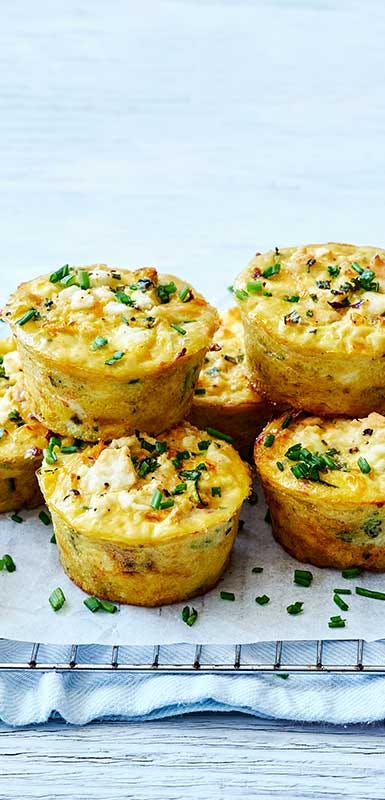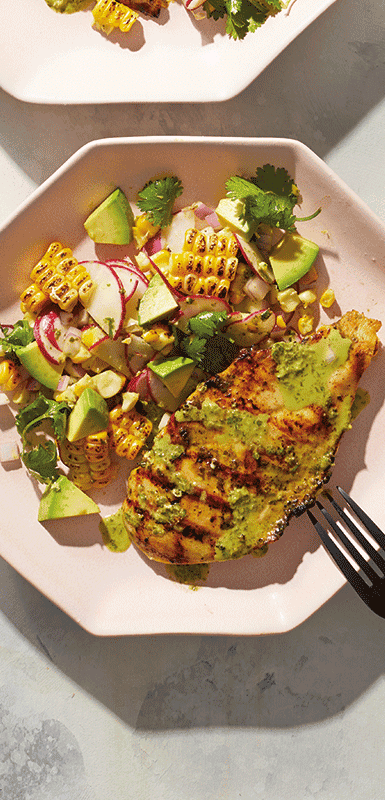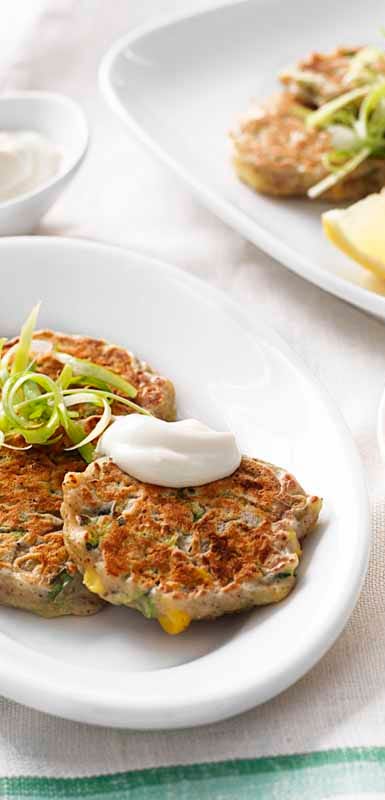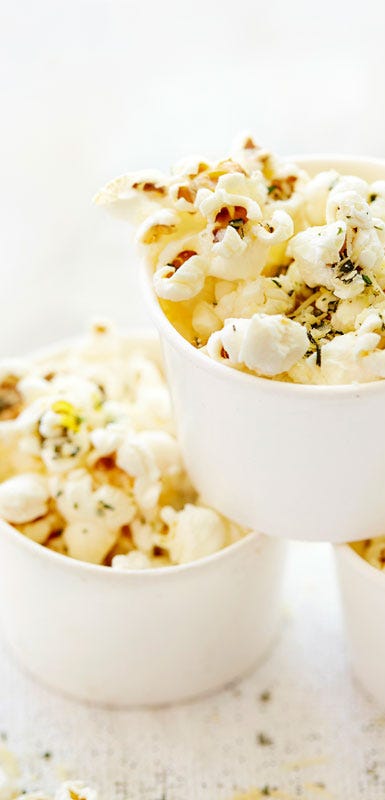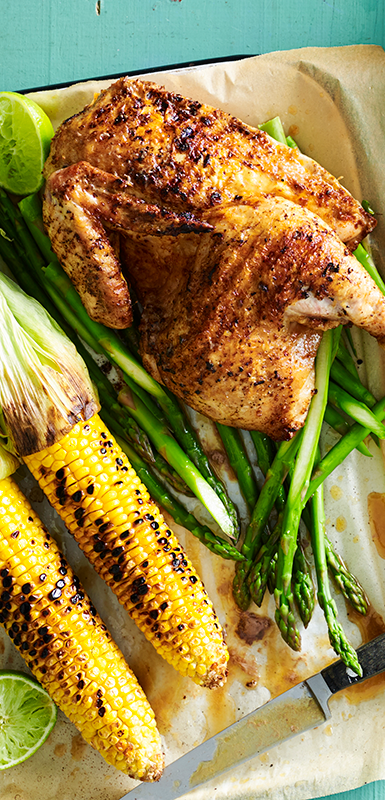ZeroPoint cheat sheet: Corn & popcorn
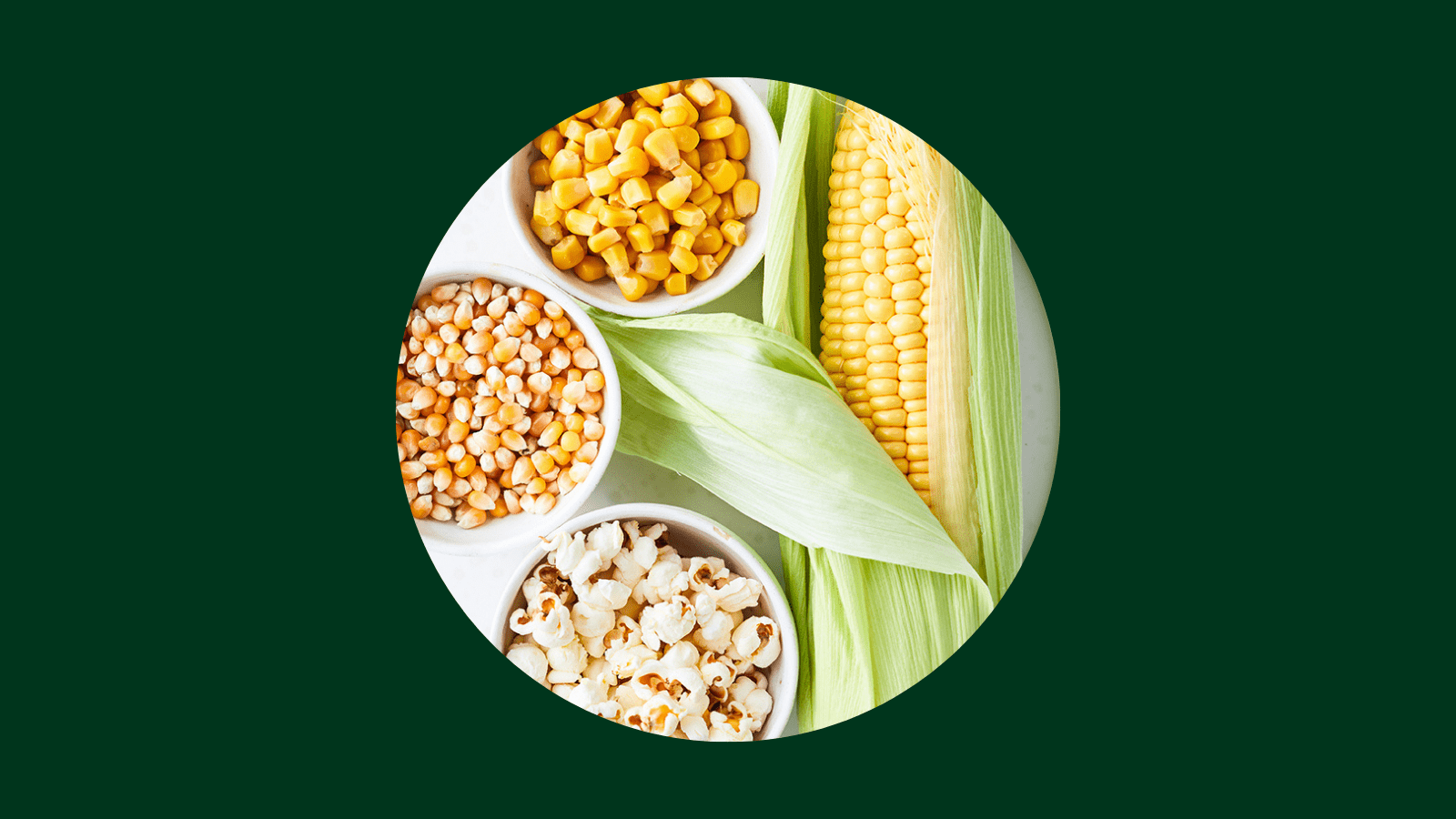

ZeroPoint foods are nutritional powerhouses that you can reach for frequently and consistently, without weighing, measuring, or tracking them. They were specifically chosen because they are nutrient-, vitamin-, and mineral-packed. Because of that, they’re recommended by national and international guidelines (including the World Health Organization) to be consumed often as part of a healthy pattern of eating.
Every WeightWatchers® member gets a list of ZeroPoint foods including: non-starchy veggies, fruit, eggs, yoghurt & cottage cheese, fish & shellfish, chicken & turkey breast, tofu & tempeh, corn & popcorn, beans, peas, & lentils and MORE.
Corn and popcorn provide dietary fibre which is important for overall health, and also helpful for weight loss (it can help you stay fuller, longer). Fibre also plays a role in both digestion and heart health. Corn is a source of lutein and zeaxanthin, both of which are beneficial for eye health. And both help form the foundation for a healthy pattern of eating.
While “zero” usually means “nothing,” at WeightWatchers, ZeroPoint foods are everything! If you’re not on our Diabetes Program, then corn and popcorn will be on your ZeroPoint foods list. If you’ve got some questions, you’re in the right place.
Which foods are actually included in this category?
- Air-popped popcorn, no added ingredients
- Popcorn kernels
- Canned corn, no added ingredients
- Corn on the cob
- Sweet corn
- White corn
- Yellow corn
Hmmm… I don’t see movie theatre popcorn and dried crunchy corn snacks here.
Sorry, neither of these are ZeroPoint foods. Since movie theatres use oil to pop their corn—and sometimes serve it with a squirt of hot butter—you need to count the Points for the total cups of popcorn you eat. And those crunchy corn snacks are typically fried, transforming them from a high-fibre healthy food to something that’s nutritionally on par with chips.
So how can I recreate the buttery movie theatre popcorn experience at home for zero Points?
Place hot, plain air-popped popcorn in a large bowl and lightly coat it with oil spray. Toss the popcorn with salt and/or your favourite zero Point seasonings.
What if I don’t have a popcorn maker?
Not to worry! You can “air-pop” popcorn in the microwave using a silicone popcorn maker. You can also buy plain, air-popped popcorn in the snack aisle in most supermarkets. Just make sure to check the label to ensure there are no added oils.
Popcorn makes a great snack but is there any way to actually cook with it?
You bet! Popcorn makes a wonderful stand in for oats in granola and grains in stuffing and casseroles and as a crunchy topping for soup and salad instead of croutons. Popcorn is also tasty tossed into the batter of your favourite chocolate chip cookie recipe, adding a boost of fibre and a little toasted corn flavour to each delicious bite.
What are some of the easiest ways to cook corn on the cob?
- Boil whole corn cobs (husk removed) until tender, about 7 minutes.
- Barbecue whole corn cobs (husk removed), turning a few times, until tender and lightly charred in spots, 10-12 minutes.
- Microwave whole corn cobs in their husks: Wrap an ear loosely in a damp paper towel and microwave on high for 2 minutes. Let it cool slightly and then remove the silk and husk.
Why don’t I see canned baby corn on this list?
That’s because baby corn is actually a non-starchy vegetable.
Any other corn-related tips?
Yes! If you’ve never tried eating raw corn on the cob, give it a try. Just-picked, in-season corn is incredibly sweet and juicy and delicious in its natural state—no cooking required.
Make sure to extract as much flavour from fresh corn on the cob as you can. If you’re making a recipe that calls for you to cut the corn kernels off the cob, hold the bare cob over a bowl and run your knife over the cob to catch any liquid. This will release corn “milk” from the cob, adding a little extra sweetness and fresh corn flavour to your recipe.
*Members living with diabetes will have non-starchy veggies, eggs, fish & shellfish, chicken & turkey breast, tofu & tempeh, and beans, peas, & lentils on their ZeroPoint food list. These categories were carefully selected to consider the combination of carbohydrates, proteins, and fibre, and are less likely to impact blood sugar levels. (More information on the diabetes program)

